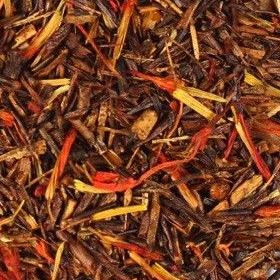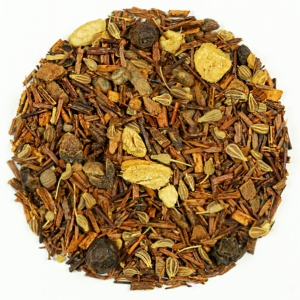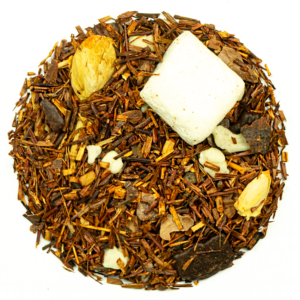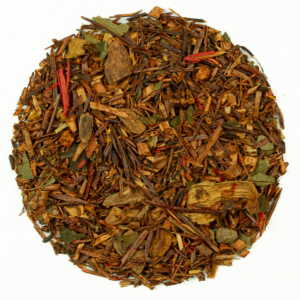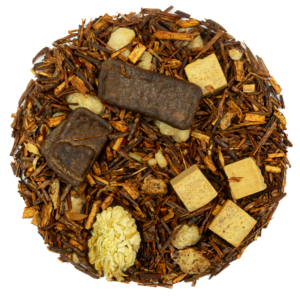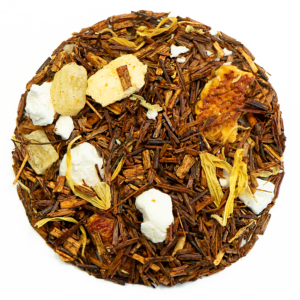South African Teas
South African teas present worldwide with unique flavors. Among them is Rooibos, a naturally caffeine-free tea which has a robust, earthy taste and many health benefits due to being rich in antioxidants.
Another South African tea is honeybush which is naturally sweet in taste and known for its calming effect and the unique floral notes. These two teas not only offer a fantastic beverage option but also help people connect with South Africa’s diverse botanical heritage.
Showing 1–12 of 30 results
-
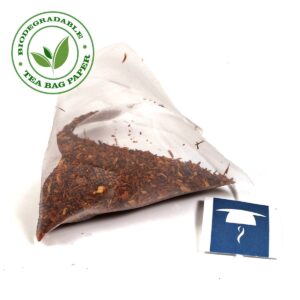
Rooibos Pyramid Tea Bags
From £1.48— or subscribe and save 10%Select options This product has multiple variants. The options may be chosen on the product page -
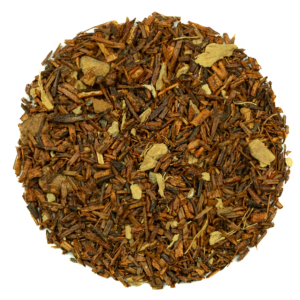
Rooibos Masala Chai Tea
From £4.34— or subscribe and save 10%Select options This product has multiple variants. The options may be chosen on the product page -
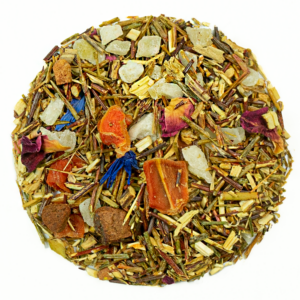
Mango Green Rooibos Tea
From £3.87— or subscribe and save 10%Select options This product has multiple variants. The options may be chosen on the product page -
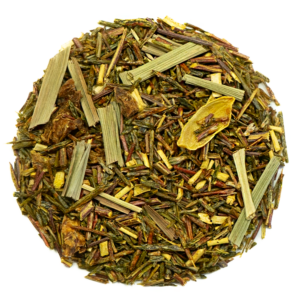
Lemon and Vanilla Green Rooibos Tea
From £2.85— or subscribe and save 10%Select options This product has multiple variants. The options may be chosen on the product page -
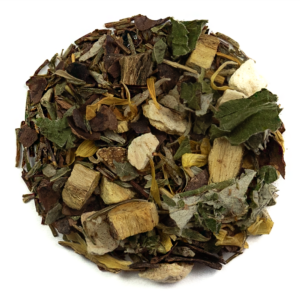
Organic Magic Tea
From £2.99— or subscribe and save 10%Select options This product has multiple variants. The options may be chosen on the product page -
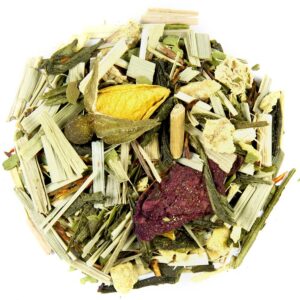
Detox Yerba Mate and Chilli Tea
From £3.18— or subscribe and save 10%Select options This product has multiple variants. The options may be chosen on the product page -
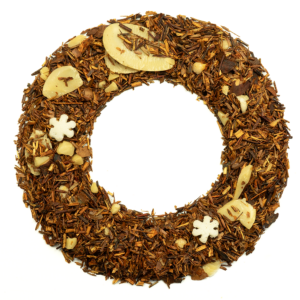
Nougat Mousse Rooibos Tea
From £2.74— or subscribe and save 10%Select options This product has multiple variants. The options may be chosen on the product page
Background of South African Teas
South African teas have a long history dating back centuries that has been intertwined with cultural and regional changes related to plants. Indigenous communities were the first to discover Rooibos and Honeybush leaves for their medicinal value as well as refreshing flavor.
It was traditionally harvested by Khoisan people from the Cederberg region who used rudimentary methods such as fermenting it under sunlight.
Commercial cultivation of Rooibos Tea started in the early 20th century when some farmers pioneered growing this plant on a large scale backed up by scientific research carried out then.
Dr Peter Le Fras Nortier played a vital role in modernising farming practices around Rooibos through his work on developing improved varieties suitable for different ecological zones together with appropriate processing methods thus making it commercially viable.
The popularity of this drink increased globally between the 1950s-1970s, because more individuals became aware about its health benefits while others used it as an alternative drink since they were looking for caffeine free beverages during late hours.
Honeybush Tea followed a similar historical path where indigenous people initially utilised it before realising its potential value beyond their communities’ boundaries. During the same period, when Rooibos gained fame internationally a few years after being introduced into new markets.
However, Honey bush never became widely known although efforts have been made towards large scale farming while conservation measures are still being advocated so that natural habitats can be preserved through sustainable agricultural practices meant for cultivating these type of plants.
What’s happening today in South Africa?
Both Rooibos and Honeybush teas are ambassadors of South African flora because they are known for their unique tastes which have health benefits too.
These two blends represent a mixture between conventional wisdoms passed down through generations about various uses of these plants as well as modern approaches adopted during farming them commercially thus bringing closer home different parts of the world where people live.
In line with current trends on speciality beverages aimed at promoting wellness, there is growing global recognition and appreciation for South African teas. This industry also contributes towards job creation opportunities as well as socio-economic development within local communities thereby fostering sustainable growth within the region.
From being just an ordinary cure-all remedy used by locals in rural areas; Rooibos has grown into a multi-million dollar business that exports its products to more than 50 nations worldwide hence diversification into skin care items among other forms, such as loose leaf and Rooibos Tea Bags etcetera.
Summary
South African teas do not only come with diverse tasty flavors but also offer insights into cultural history like no other region does. These drinks evolved over time from ancient customs up until now when advanced agricultural methods were applied thus making them very popular all over the world.
Looking forward, South African teas can expand further while remaining authentic to their origins.

 Loose Leaf Tea
Loose Leaf Tea Pyramids
Pyramids Tea Bags
Tea Bags Africa
Africa Assam
Assam Ceylon
Ceylon Chinese
Chinese Darjeeling
Darjeeling European
European Indian
Indian Japan
Japan Nepal
Nepal South East Asia
South East Asia Ayurveda Tea
Ayurveda Tea Black Tea
Black Tea Chai Tea
Chai Tea Flowering Tea
Flowering Tea Fruit Tisanes
Fruit Tisanes Green Tea
Green Tea Herbal Tea
Herbal Tea Matcha Tea
Matcha Tea Oolong Tea
Oolong Tea Organic Tea
Organic Tea Pu erh Tea
Pu erh Tea Rooibos Tea
Rooibos Tea White Tea
White Tea Asian Coffee
Asian Coffee Caribbean Coffee
Caribbean Coffee Central American Coffee
Central American Coffee South American Coffee
South American Coffee Coffee Blends
Coffee Blends Decaffeinated Coffee
Decaffeinated Coffee Espresso Coffee
Espresso Coffee Ethically Sourced Coffee
Ethically Sourced Coffee Flavoured Coffee
Flavoured Coffee Organic Coffee
Organic Coffee Single Origin Coffee
Single Origin Coffee Chocolate 1
Chocolate 1 Chocolate 2
Chocolate 2 Chocolate 3
Chocolate 3 Chocolate 4
Chocolate 4 Chocolate 5
Chocolate 5 Chocolate 6
Chocolate 6 Chocolate 7
Chocolate 7 Chocolate 8
Chocolate 8 Chocolate 9
Chocolate 9 Loose Tea Filters
Loose Tea Filters Tea Accessories
Tea Accessories Tea Bricks
Tea Bricks Tea Caddies
Tea Caddies Tea Caddy Spoons
Tea Caddy Spoons Tea Gift Ideas
Tea Gift Ideas Tea Infusers
Tea Infusers Tea Strainers
Tea Strainers